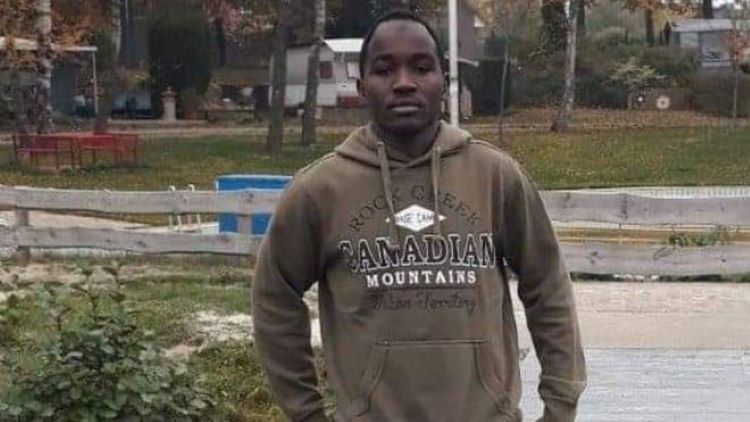LONDON: A Sudanese asylum-seeker in the UK made more than 70 calls to authorities asking for help, before stabbing six people.
Badreddin Abadlla Adam was shot dead by police in Glasgow, Scotland, after his mental condition deteriorated, leading him to attack hotel staff and other asylum-seekers at the city’s Park Inn hotel in June 2020.
The BBC said a report into the incident by the UK Home Office revealed that Abadlla Adam made 72 calls to the Home Office, the charity Migration Help, and Mears, a company in charge of managing asylum-seeker accommodation.
He had been moved into the hotel at the onset of the COVID-19 pandemic and the resultant nationwide lockdowns, where he and others found themselves living in cramped conditions with poor-quality food and no money.
According to the report, the conditions had a “significant impact” on the mental health of Abadlla Adam and others, and no consideration had been given to the previous trauma that many of them had experienced.
It added that the number of calls he made “individually and cumulatively (when considering the content of the contact) are not indicative of any elevated risk. However, the number of times he was in contact with the Home Office, Mears and Migrant Help — 72 times — about his accommodation and his health should have acted as a warning.”
It continued: “He also complained to staff in the hotel and was in touch with the Home Office about a voluntary assisted return. Each of those inquiries was dealt with appropriately and in keeping with the relevant operating procedures. There was no joined-up view that allowed a comprehensive view of escalation in the nature and frequency of (Abadlla Adam’s) contact.”
A Home Office spokesperson told the BBC: “Since this horrific incident we have undertaken a number of significant changes to keep asylum-seekers safe, including how we, our contractors and charities spot vulnerable individuals and provide them with wraparound support and appropriate accommodation.”




